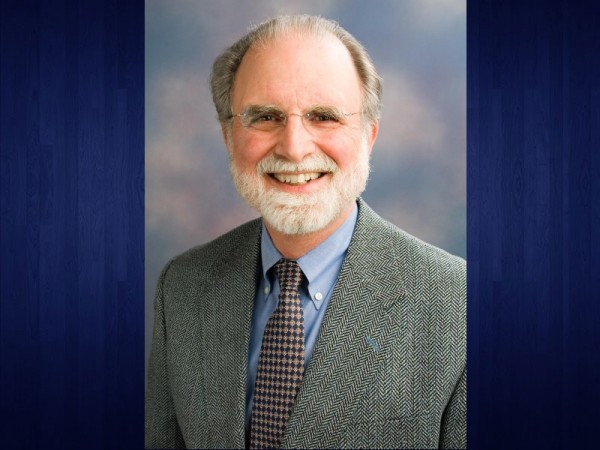The American Lung Association's "State of the Air 2002 Report" revealed some startling information regarding the air we breathe. Round-level ozone (smog) is reaching half of the U.S. population. The American Lung Association is helping to raise awareness with the "Clean Air Month" Campaign.
Short-term exposure to ozone (smog) affects people by causing shortness of breath, wheezing and coughing. Long-term exposure can lead to respiratory problems later in life. The groups that are most likely to experience health problems due to exposure include the elderly, children and those with respiratory ailments. Generally, the peak time of ozone pollution is May through September. People who spend a large amount of time exercising outdoors are likely to receive higher doses of smog during this time.
Atlanta received designation with a grade of "F" as one of the metropolitan areas with the highest levels of smog. For the second year in a row, it ranked sixth. The list "25 Most polluted Counties" includes DeKalb and Fayette Counties. Macon reported levels of smog higher than those of New York City.
Nationwide efforts to combat smog and pollution include the stronger control over new car emissions, cleaner operating vehicles and stricter pollution control requirements for power plants, to name a few. The American Lung Association argues that the weakening of the Clean Air Act and continued delays in implementing the 1997 ozone standards would have a detrimental effect on the air we breathe and the health of all citizens.
"National Smoke Free Home Pledge"
Anywhere from 9 to 12 million children all over the United States are affected by indoor cigarette smoke exposure. The effects of second-hand smoke on children may include asthma, bronchitis and sudden infant death syndrome. Parents and caregivers are being alert to the dangers of second-hand smoke around children with a national campaign initiated by the Environmental Protection Agency in October of 2001 entitled, "Smoke-Free Home Pledge."
The "Smoke Free Home Pledge" asks parents to protect their children from the harmful effects of smoking. Parents are encouraged to quit the habit and smoke outside until they can stop. Those who take the "Smoke-Free Home Pledge" receive a kit which includes a certificate, a magnet and brochure.
Parents can take the Smoke-Free Home pledge online at www.epa.gov/smokefree/. Or, they can call 1-800-513-1157.
Debbie Wilburn is County Agent/Family and Consumer Science Agent with the Hall (770)535-8290 and the Forsyth (770)887-2418 County Extension Service.
Monday
August 4th, 2025
5:13PM











